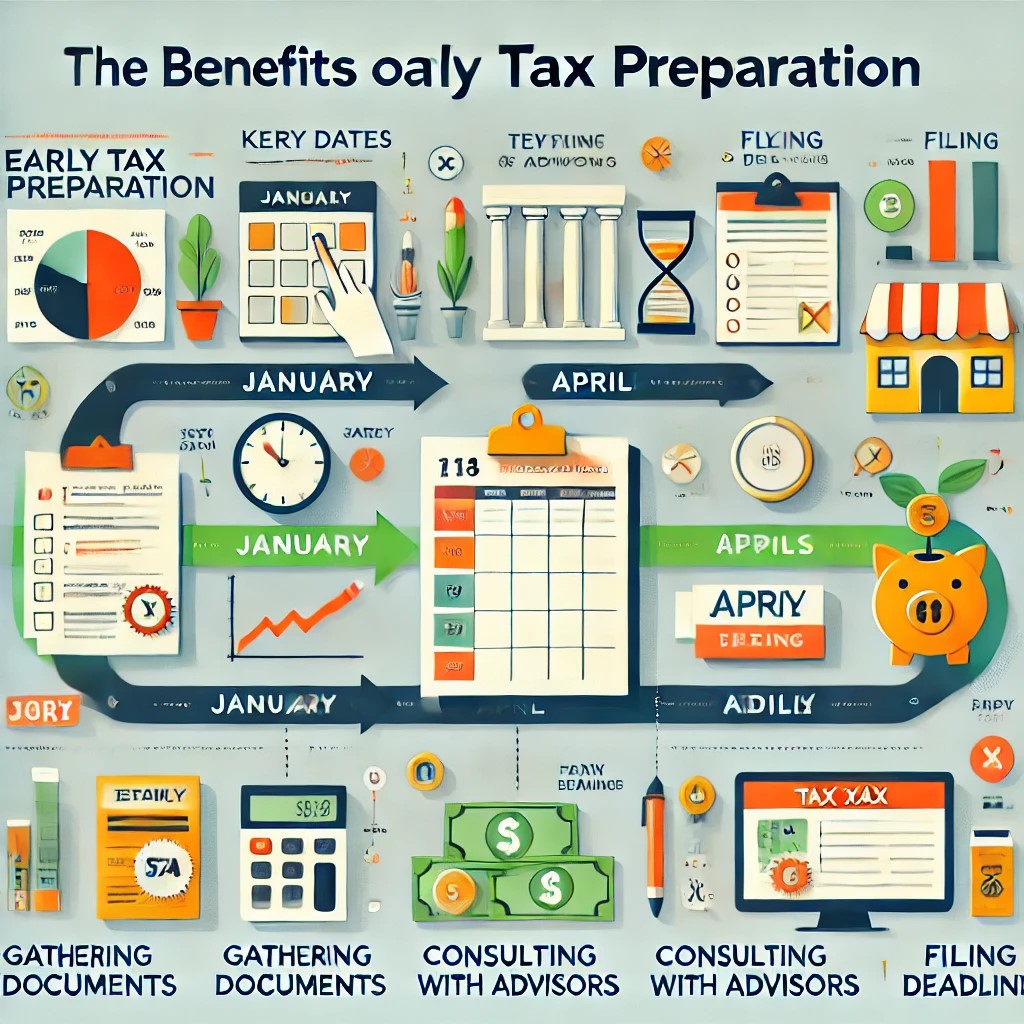Tax season can be a daunting time for many, from individuals to business owners. However, with proper planning and strategic execution, it can also be an opportunity to maximize returns and optimize financial health. This article delves into essential tips for navigating tax season effectively, highlights current trends, and discusses future predictions in tax strategy and compliance.

Current Trends in Tax Preparation
Digital Tax Preparation: The use of digital platforms and software for tax preparation is on the rise. These tools not only simplify the filing process but also help in identifying potential deductions and credits that taxpayers might miss otherwise. From apps that track expenditures in real-time to software that offers predictive insights on tax liabilities, technology is making tax preparation more manageable and accurate.
Professional Advice: More taxpayers are turning to professionals for tax advice to ensure compliance and optimize returns. This trend is particularly pronounced among freelancers, gig economy workers, and small business owners who face more complex tax situations. Tax professionals are also increasingly acting as year-round advisors rather than seasonal helpers, providing continuous planning and financial strategy.
Awareness of Deductions and Credits: There is a growing awareness among taxpayers about the variety of deductions and credits available, which can significantly reduce tax liability. Whether it’s deductions for home office expenses, educational credits, or larger-scale incentives for businesses investing in green energy, understanding these options can lead to substantial savings.

Tips for Maximizing Tax Returns
Early Preparation: One of the most effective strategies for managing tax season is to prepare early. Organizing financial records, keeping track of receipts, and staying informed about changes in tax laws can make the process smoother and less stressful. Early preparation also provides ample time to explore all possible deductions and credits.
Maximize Retirement Contributions: Contributions to retirement accounts like a 401(k) or IRA not only help in building long-term savings but can also reduce taxable income. Maximizing these contributions can lower your tax bill and enhance your financial security.
Utilize Health Savings Accounts (HSAs): For those with high-deductible health plans, HSAs offer a triple tax advantage – contributions are tax-deductible, the money grows tax-free, and withdrawals for qualified medical expenses are not taxed.
Educational Investments: Investing in education can also provide tax benefits. Programs like 529 plans allow tax-free savings growth and tax-free withdrawals when funds are used for qualified education expenses.

Future Predictions for Tax Strategies
Looking ahead, the landscape of tax preparation and planning is expected to evolve with further technological advancements. Automation and AI will play larger roles in personal and business tax strategies, potentially leading to more personalized and optimized tax planning.
Conclusion
Navigating tax season efficiently requires a combination of up-to-date knowledge, strategic planning, and appropriate use of technology. By taking proactive steps and utilizing available resources, taxpayers can not only ensure compliance but also maximize their potential returns. As tax laws continue to evolve, adapting to these changes and seeking professional advice when needed will remain essential strategies for financial success.





